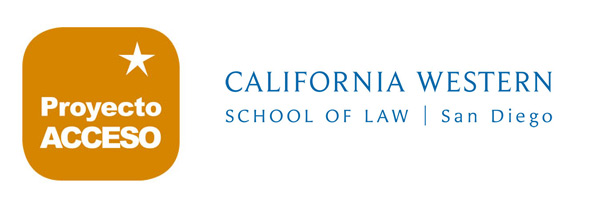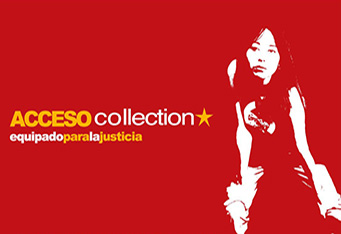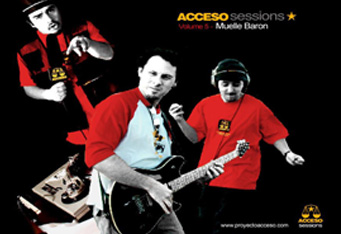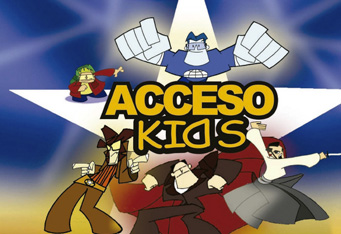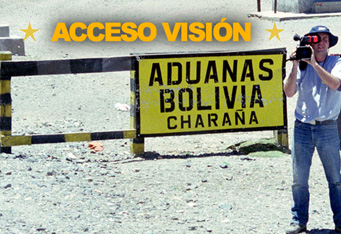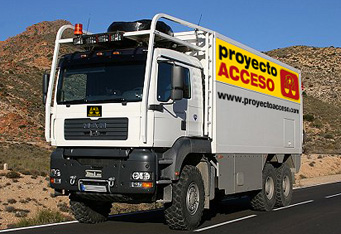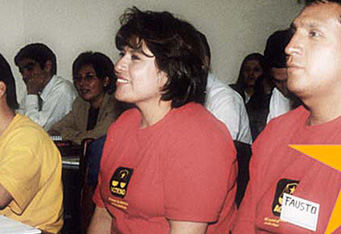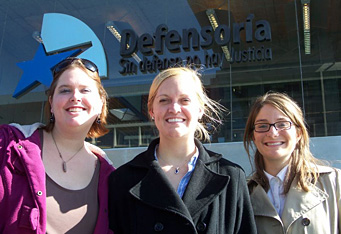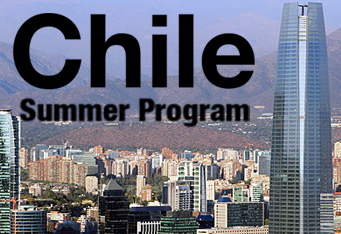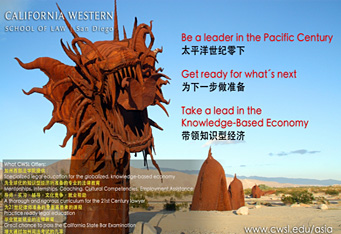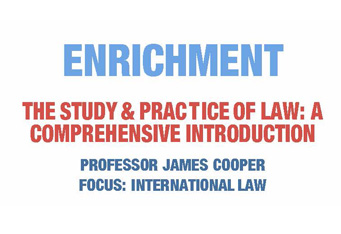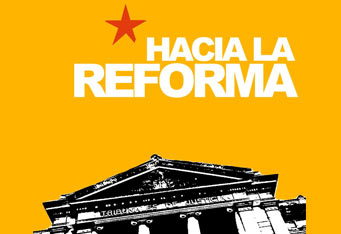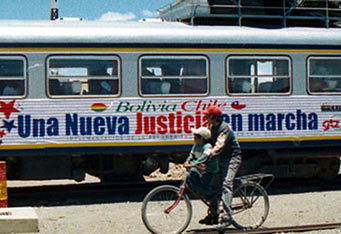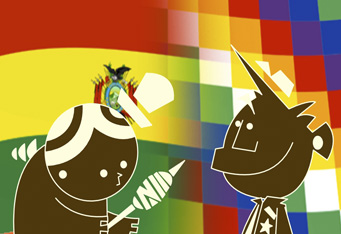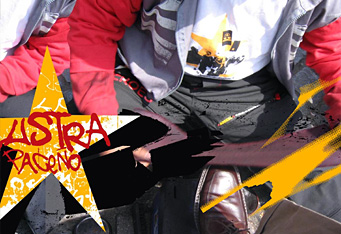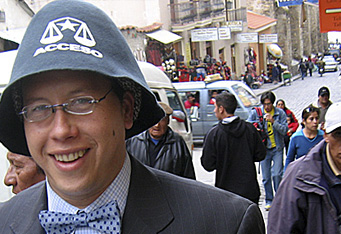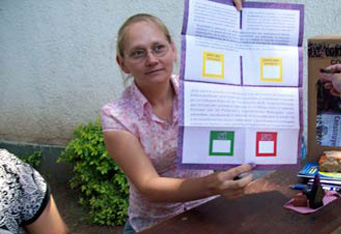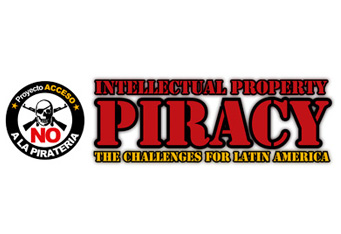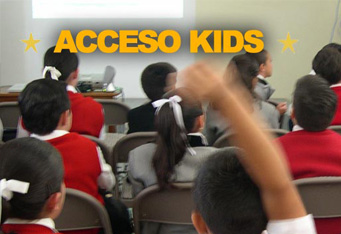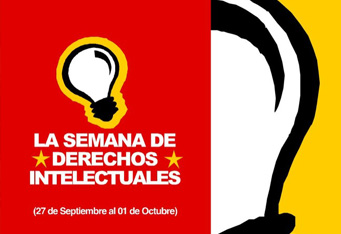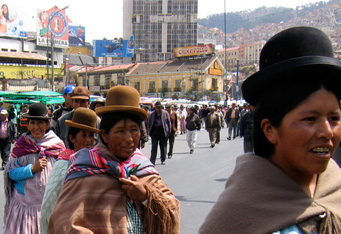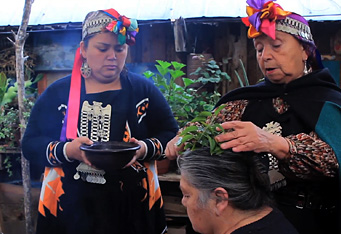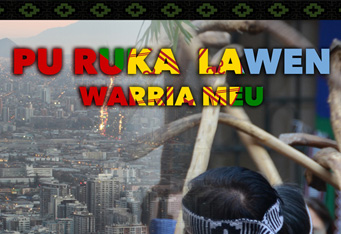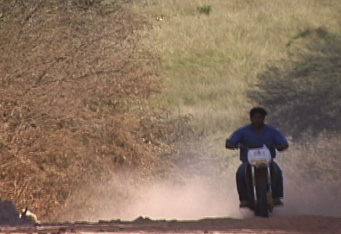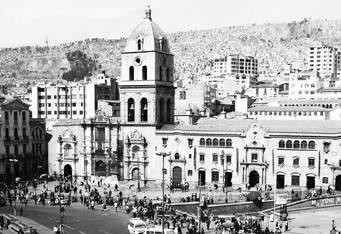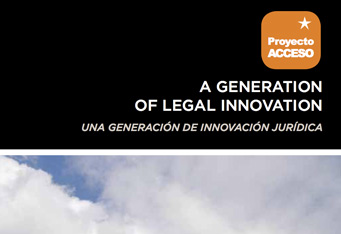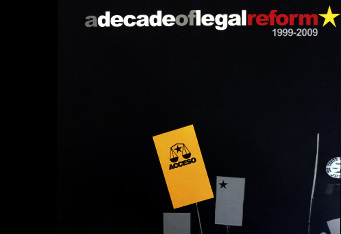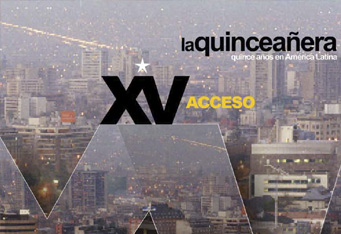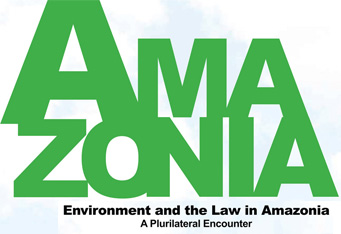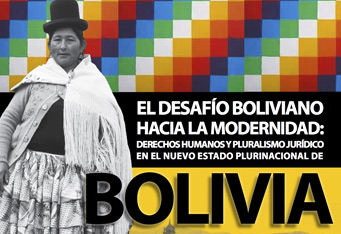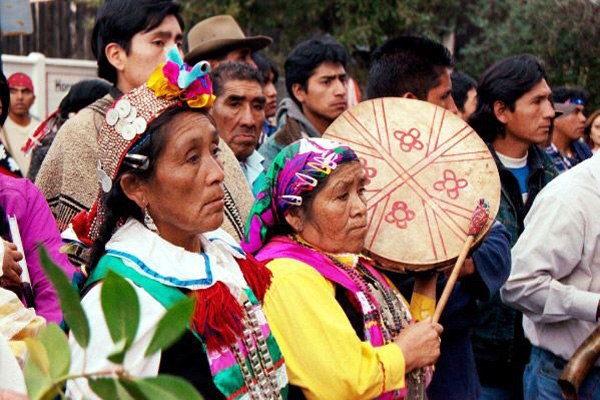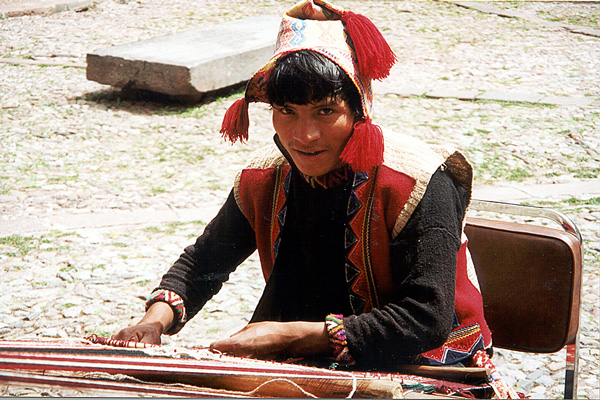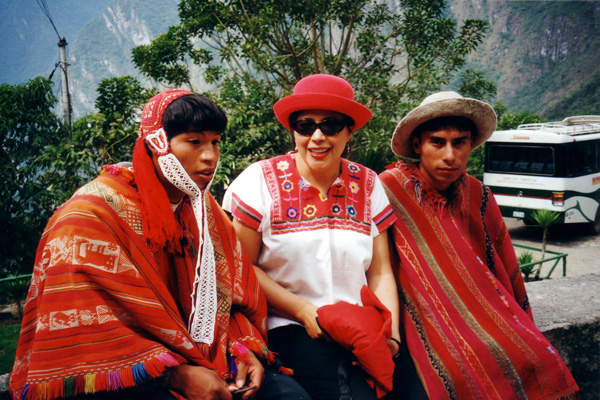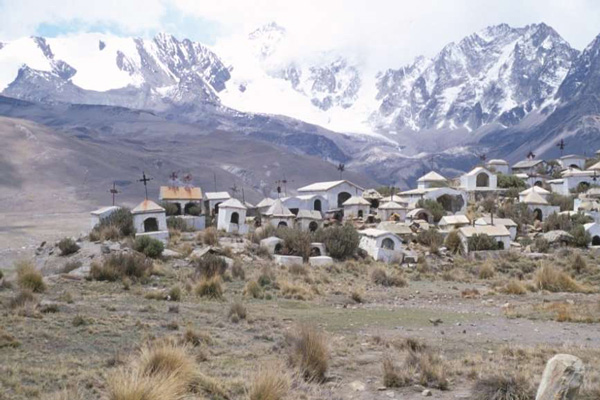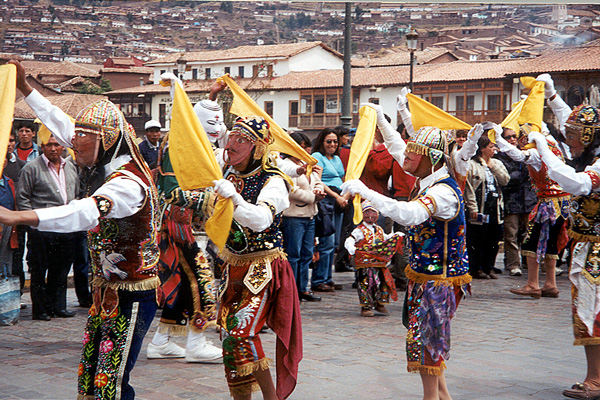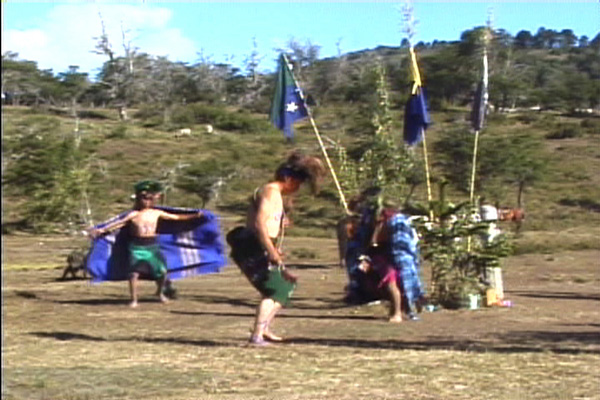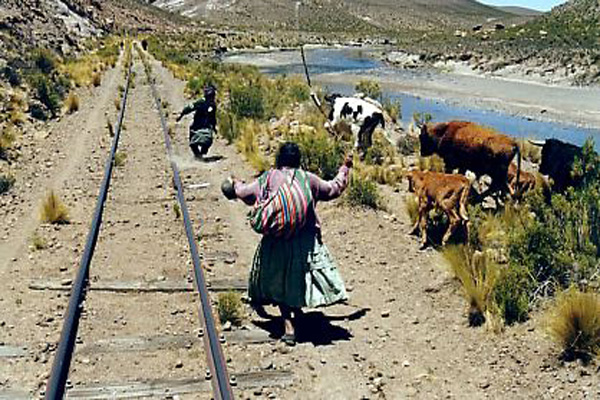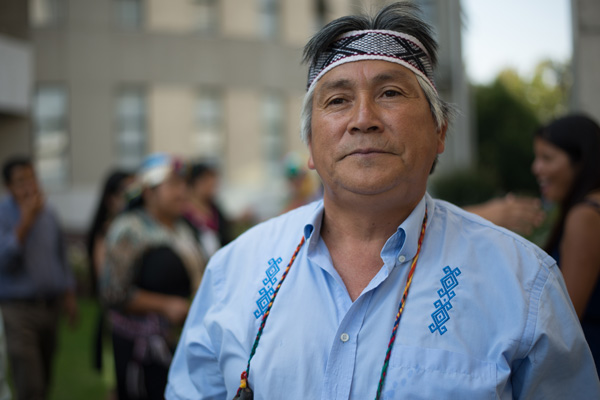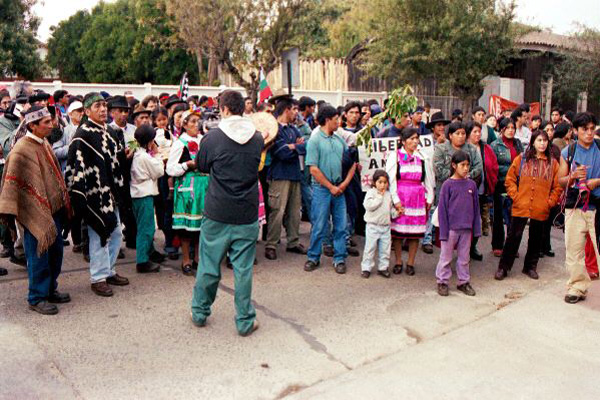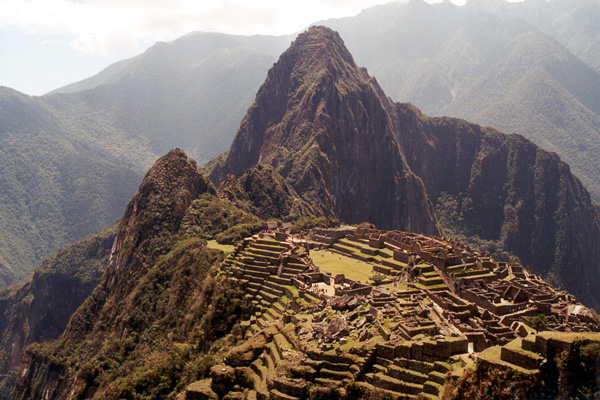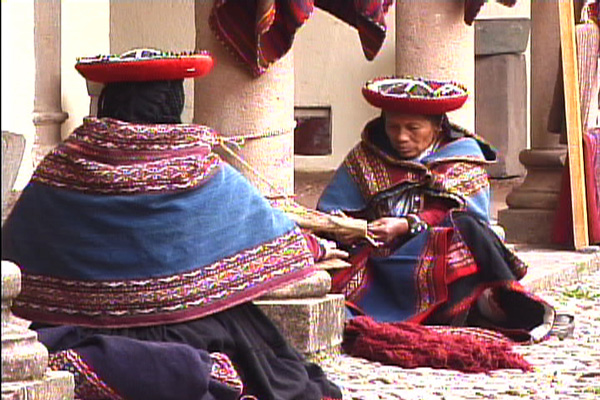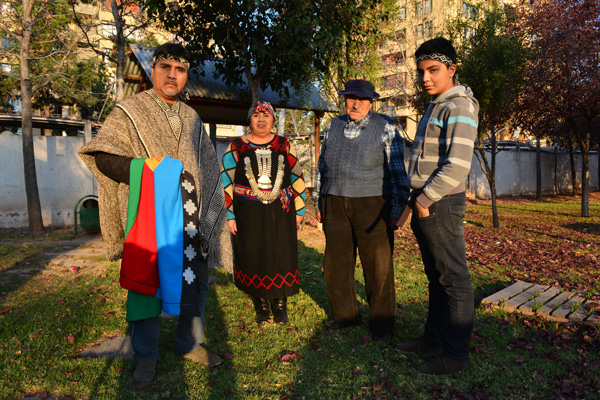Cosmovision
Since the December 2005 election of President Evo Morales and his MAS party to power indigenous groups, traditionally the marginalized and dispossessed throughout Latin America, have become an important political and legislative force. With the indigenization of Bolivian ministries and newly focused policies, international aid agencies and foreign governments working with state authorities on judicial and other reforms in Bolivia must change their respective approaches.
The New Political Constitution of the State of Bolivia (Nueva Constitucion Politica del Estado de Bolivia), approved by national referendum on January 29, 2009, provides for many more rights for indigenous groups, sovereignty over the country's natural resources, and education and social services in their respective traditional languages.
A new justice system, based on communitarian law, is also part of the new Constitution. After hundreds of years of oppression, and control by judicial procedures that are far different from their ancient problem solving methodologies, it is little surprise that the three major indigenous peoples of Bolivia - the Aymara, Quechua and Guarani- have long resisted the judicial reforms introduced to the region.
This presented Proyecto ACCESO with an opportunity to ensure that indigenous peoples are no longer excluded from the political process. The ACCESO team has spent many years building bridges between traditional indigenous problem-solving mechanisms (non-violent forms of dispute resolution) and criminal procedure reforms.
